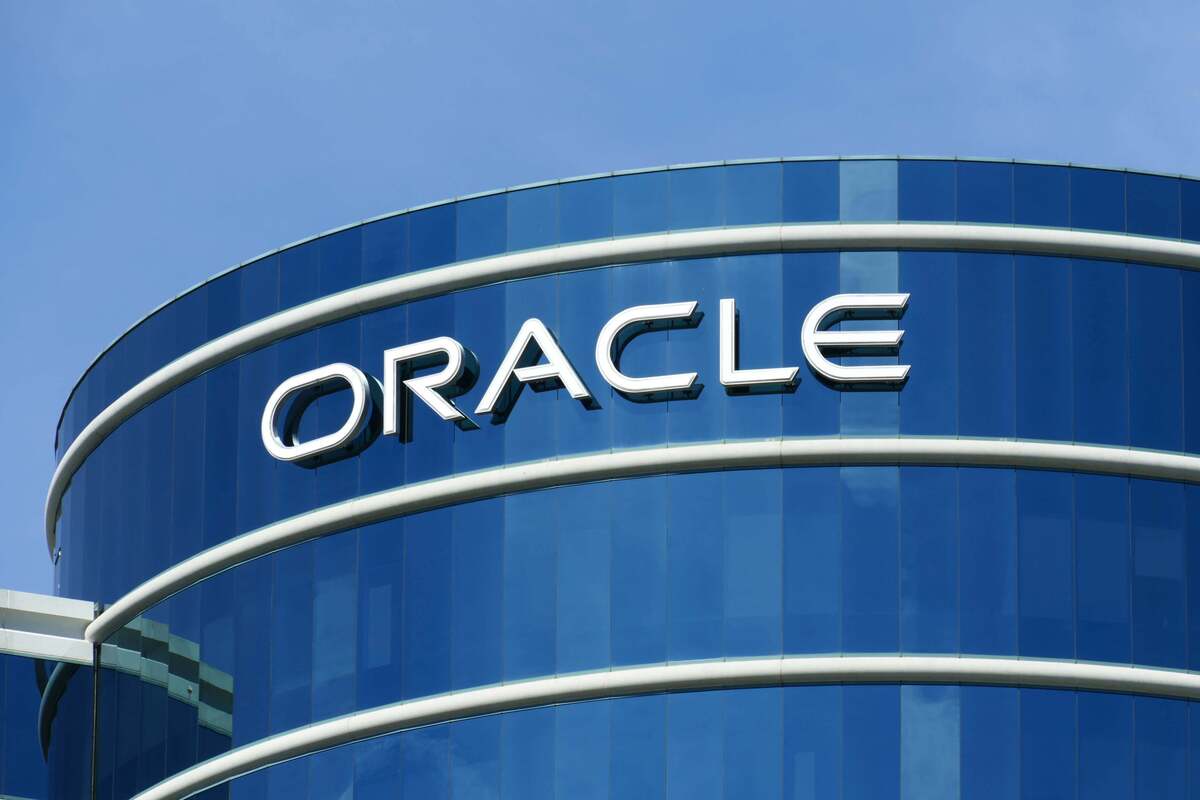Oracle recently updated its OCI Generative AI Service, positioning itself to meet the evolving needs of enterprises, according to analysts. While Oracle is enhancing its capabilities in generative AI, it still lags behind competitors like AWS, Microsoft, and Google in terms of the overall breadth of generative AI models and services.
Ron Westfall, a research director at The Futurum Group, highlighted Oracle’s potential to simplify the process of training large language models (LLMs) for enterprises, a task that has posed challenges in many business environments. This advantage stems from Oracle’s integration of generative AI innovations across its Fusion and NetSuite applications, AI services, and machine learning platforms like MySQL HeatWave Vector Store and AI Vector Search in Oracle Database.
Bradley Shimmin, chief analyst at Omdia, emphasized Oracle’s focus on cost reduction and complexity management in generative AI adoption. By incorporating generative AI elements into fundamental offerings like databases, Oracle aims to optimize computing resources and drive down expenses.
Despite Oracle’s strides in generative AI, Andy Thurai, principal analyst at Constellation Research, noted that the company still trails competitors in overall generative AI offerings. However, Oracle’s unique approach, offering generative AI services both on Oracle Cloud and on-premises via OCI dedicated regions, could appeal to large enterprise customers, especially those in regulated industries.
Oracle’s recent enhancements to the OCI Generative AI Service include the introduction of new models from Cohere and Meta, along with AI agents and a low-code framework for managing open source LLMs. The service now includes an AI agent for retrieval-augmented generation, which leverages LLMs and enterprise search capabilities to provide contextualized results enhanced with enterprise data.
Looking ahead, Oracle plans to expand the functionality of the AI agents, introducing support for a wider range of data search tools and integration with Oracle Database 23c and MySQL Heatwave with Vector Store. Additionally, Oracle is developing AI agents based on the ReAct framework, enabling them to perform tasks beyond information retrieval, such as calling APIs and automating processes.
In summary, Oracle’s advancements in generative AI signify a strategic move towards catering to enterprise needs, though it faces stiff competition from industry rivals in terms of the breadth and depth of generative AI offerings.






